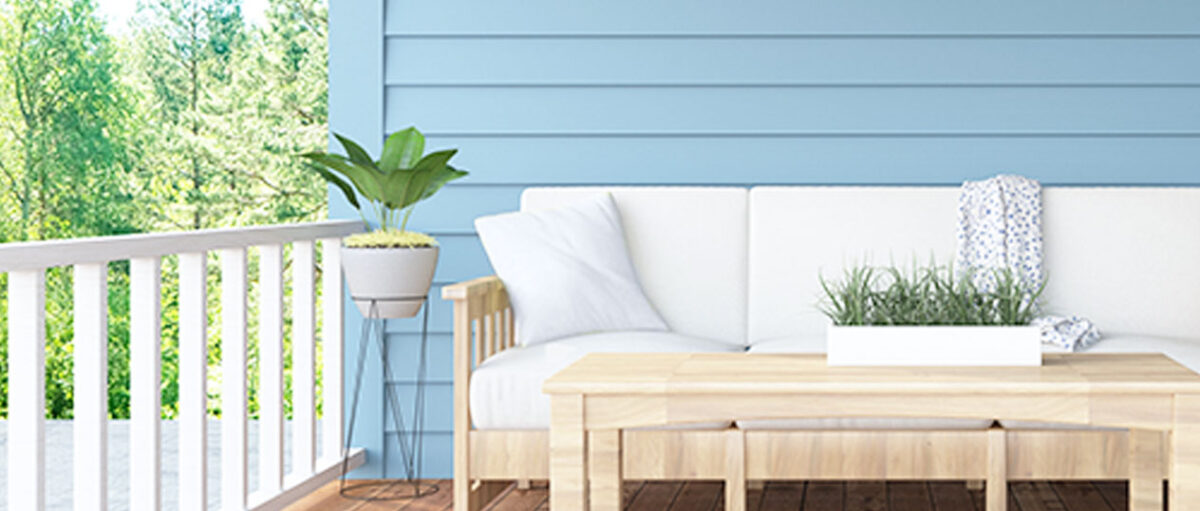
According to recent data studies by Redfin, the median home price in the United States through September 2022 was $403,556. The amount you pay for a house may be way over that or way under it depending on different factors. Inventory, market conditions, and—believe it or not—the seasons all play a role in how much you shell out for a new house.
Let’s explore the implications of waiting to buy during the “busy season” or opting to make the move during the less popular times of the year.
The Seasonal Impact on Home Buying
Market conditions are, by and large, the tree from which all the other branches of influence grow. Interest rates often drive someone’s decision to buy, sell, or refinance a home. When interest rates are low and supply is limited, we enter a seller’s market—something we’re now starting to leave. When rates are higher and supply is stacked—something that’s happening now, when prices and rates were too high for many to entertain the thought of buying—we enter a buyer’s market. In a buyer’s market, buyers have more negotiating power and are able to ask for fairly basic things like inspections.
Outside of market conditions, the seasons are the next largest influence. Let’s shoot straight here: How many people want to move in the dead of winter? By comparison, peak rental season for apartments and multifamily communities runs from May to August, or summertime. This is for a multitude of reasons, but the pros at Avail suggest a handful of major ones:
- Moving in the cold season is hard.
- Moving during the school year is disruptive.
- Moving before the school year starts is strategic.
The housing market at large tends to play by the same set of guidelines. Here’s how:
Scout the Sewer Lines & Septic Tank
Below-average temperatures, below-average pricing. Generally speaking, selling a house is harder in the winter. Fewer open houses, fewer people looking for homes, and less-than-ideal weather can mean less foot traffic for a listing. For sellers who are in a hurry, this could mean bargain buying for people who are looking for a new place to live. Additionally, these slow periods aren’t stellar for real estate agents either, so buyers might benefit from negotiating on closing costs and other fees.
According to Zillow, October, November, and December are the least competitive months for home buying, which could be a breath of fresh air for recent attempted-buyers who tried and tried to purchase but kept getting beat out by other, better-equipped buyers.
If you’re looking for a deal, Winter might be your best time to buy a house.
Spending in Spring
If winter means less competition, spring generally means more. Consider this: A fresh crop of buyers who held off on the house hunt to save up more money and a load of new listings made all the more stunning thanks to the curb appeal of blooming flowers. That’s a recipe for a super competitive real estate market, often resulting in an increase in bidding wars for homes.
Our advice? Spring is probably not the best time to buy a house unless you’ve got cash on hand and a rockin’ pre-approval to get your offer in, seen, and stamped before other buyers get their hands on your dream home.
The Summer Struggle
Warmth means activity, and a sunny house shows better than a dreary one. So, through the early parts of summer, you’ll see similar market activity to spring. More listings, more buyers, and more competition.
That said, all’s not lost:
- Buyers—families in particular—want to be settled before the new school year starts.
- Sellers who are looking to sell their current house before buying another could make out like bandits if they get the timing right. Keep an eye on previously overpriced homes that may have fallen off the radar for many buyers.
- One of our very own employees bought a home this fall for under asking after it sat on the market for 90 days over the summer.
Falling in Love with Your New Home
As summer draws to a close, the sellers whose homes remain on the market might start to get a little antsy. As we mentioned before, colder seasons mean less activity, so sellers may be motivated to offload their house at a discount when fall rolls around.
Additionally, autumn may mean less competition. Remember, many families like to be settled by the time the school year starts. At this point, it’s started—so you probably won’t have to compete with a family for your dream home. That lessened competition may also mean you get a closer, more personalized relationship from your agent, which could pay off when it comes to negotiating closing costs.
One report from realtor.com found that, nationally, the best time to buy a house is the week of October 3rd to the 9th. The report attributed the finding to high inventory, below-peak pricing, waning demand, and the new school year.
Outside of market conditions, the seasons are the next largest influence.





